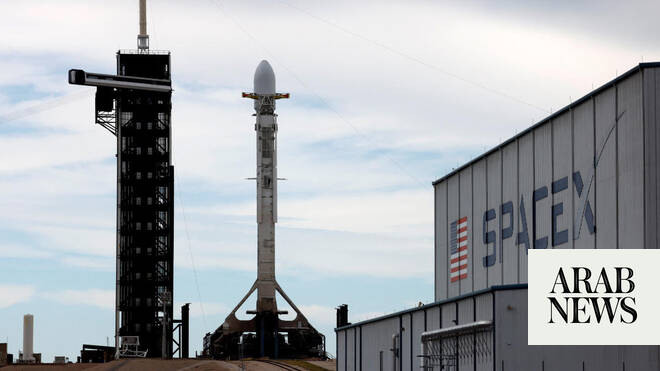
Artificial intelligence is set to dominate discussions at this week’s annual high-level United Nations meeting, as world leaders and diplomats converge to address the technology’s growing influence and potential threats. Since the AI boom began with the launch of ChatGPT three years ago, its capabilities have both fascinated and alarmed experts and policymakers worldwide. The rapid development of AI systems has prompted calls for international safeguards against risks such as engineered pandemics, misinformation, and rogue AI systems.
The UN’s latest initiative to establish a new governance architecture marks a significant step in global efforts to regulate AI. Previous attempts, including AI summits organized by the UK, South Korea, and France, have resulted in non-binding commitments. However, last month’s General Assembly resolution to create a global forum and an independent scientific panel of experts represents a milestone in AI governance.
UN’s New Governance Architecture
On Wednesday, the UN Security Council will hold an open debate on AI, focusing on how the Council can ensure responsible AI application in compliance with international law and support peace processes. The following day, UN Secretary-General António Guterres will launch the Global Dialogue on AI Governance, a forum for governments and stakeholders to discuss international cooperation and share solutions. This forum is scheduled to meet formally in Geneva next year and in New York in 2027.
Meanwhile, efforts are underway to recruit 40 experts for the scientific panel, which will include co-chairs from both developed and developing countries. This panel has been compared to the UN’s climate change panel and its annual COP meetings, highlighting the importance of a coordinated global response to AI challenges.
Symbolic Triumph or Powerless Mechanism?
The establishment of these new bodies has been described as a “symbolic triumph” and “the world’s most globally inclusive approach to governing AI,” according to Isabella Wilkinson, a research fellow at Chatham House. However, Wilkinson also expressed skepticism about their effectiveness, citing the UN’s slow-moving administration as a potential obstacle to regulating the fast-evolving AI landscape.
As the UN prepares for these discussions, a group of influential experts has urged governments to establish “red lines” for AI by the end of next year. This group, which includes senior figures from OpenAI, DeepMind, and Anthropic, advocates for an internationally binding agreement on AI, drawing parallels to treaties on nuclear testing and biological weapons.
“The idea is very simple,” said Stuart Russell, a computer science professor and director of the Center for Human Compatible AI at the University of California, Berkeley. “As we do with medicines and nuclear power stations, we can require developers to prove safety as a condition of market access.”
Framework for Future AI Governance
Russell suggested that UN governance could emulate the International Civil Aviation Organization, coordinating safety regulations across countries. He proposed a flexible “framework convention” that can adapt to AI’s rapid advancements, rather than a rigid set of rules.
As the UN meeting approaches, experts and stakeholders continue to debate the best path forward for AI governance. The need for international cooperation is clear, but the effectiveness of the proposed mechanisms remains uncertain. The world watches as the UN takes on the challenge of balancing AI’s potential benefits with its significant risks.
The discussions at the UN this week could set the stage for future AI governance, shaping how countries and companies navigate this transformative technology in the years to come.





